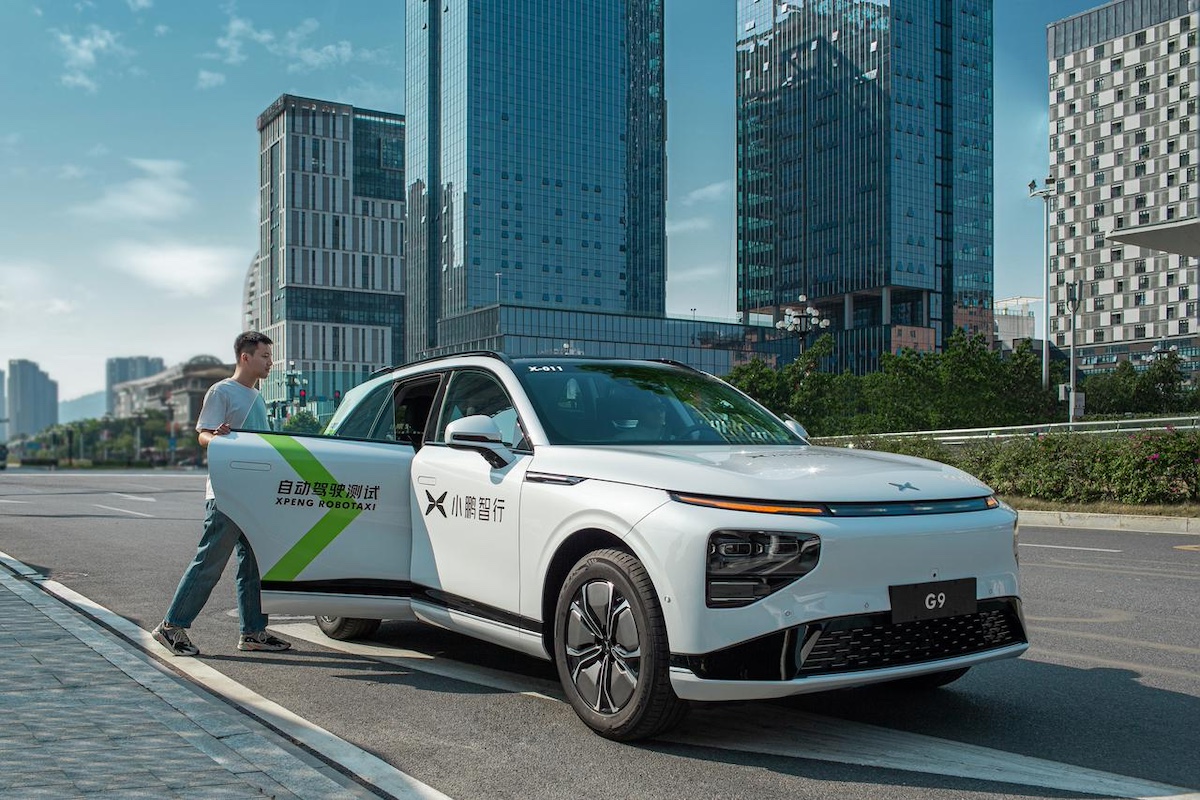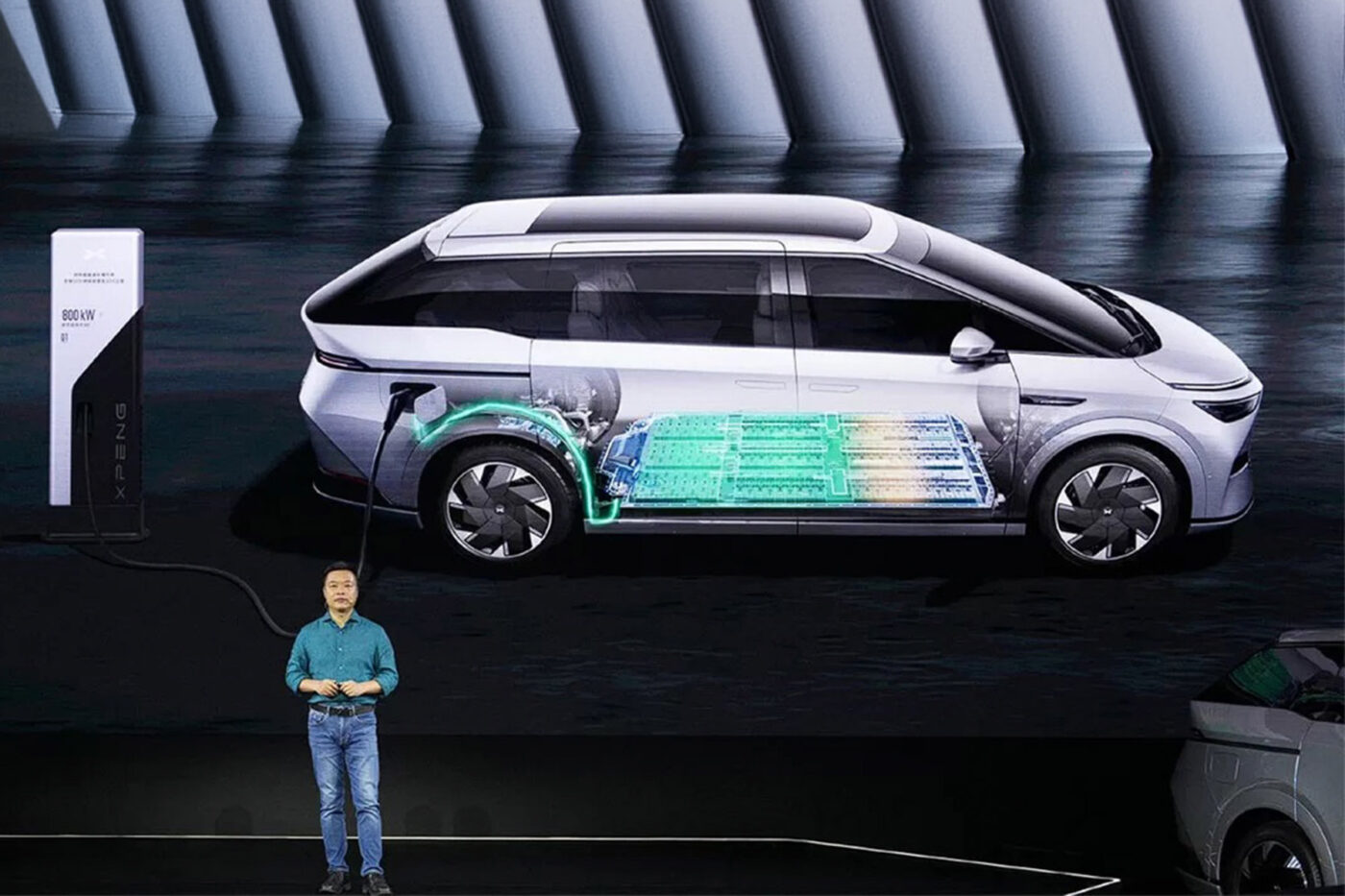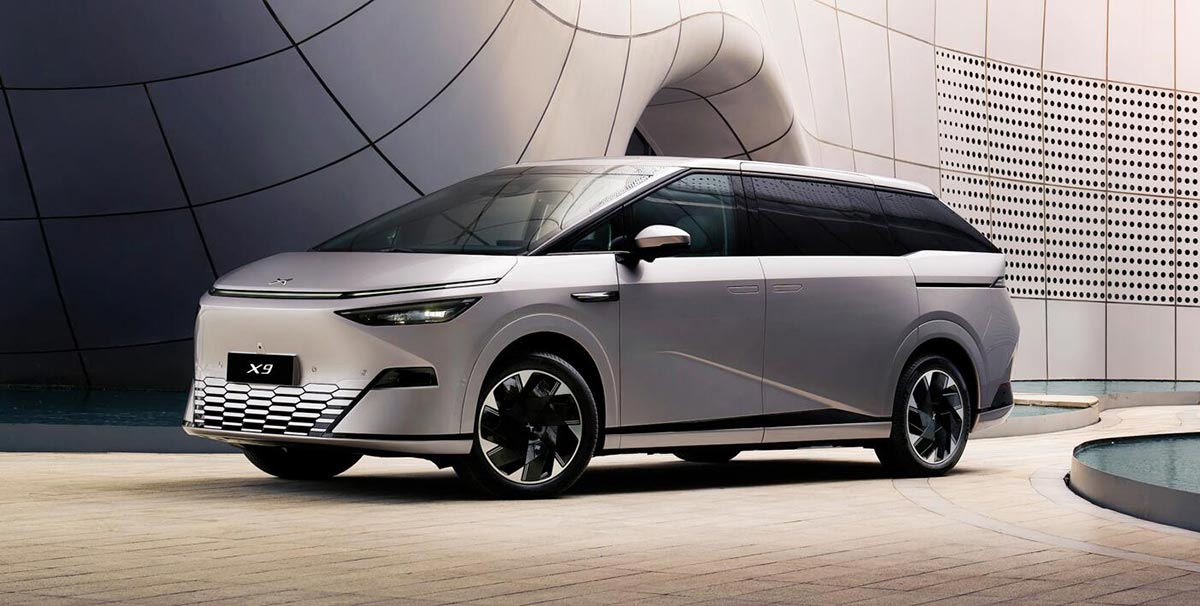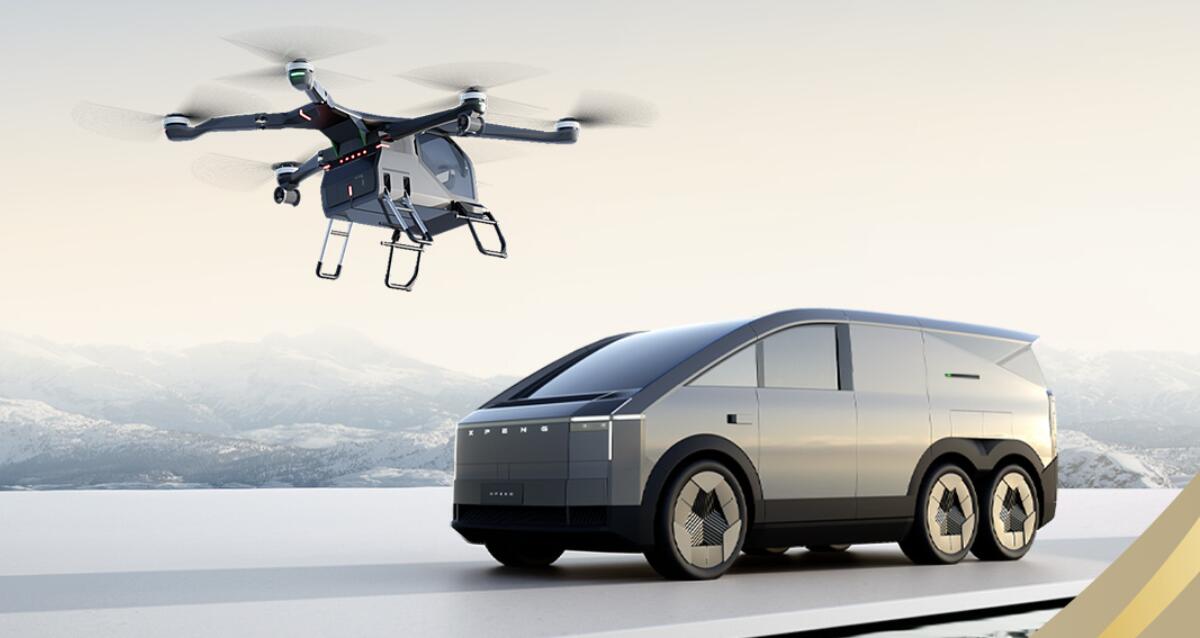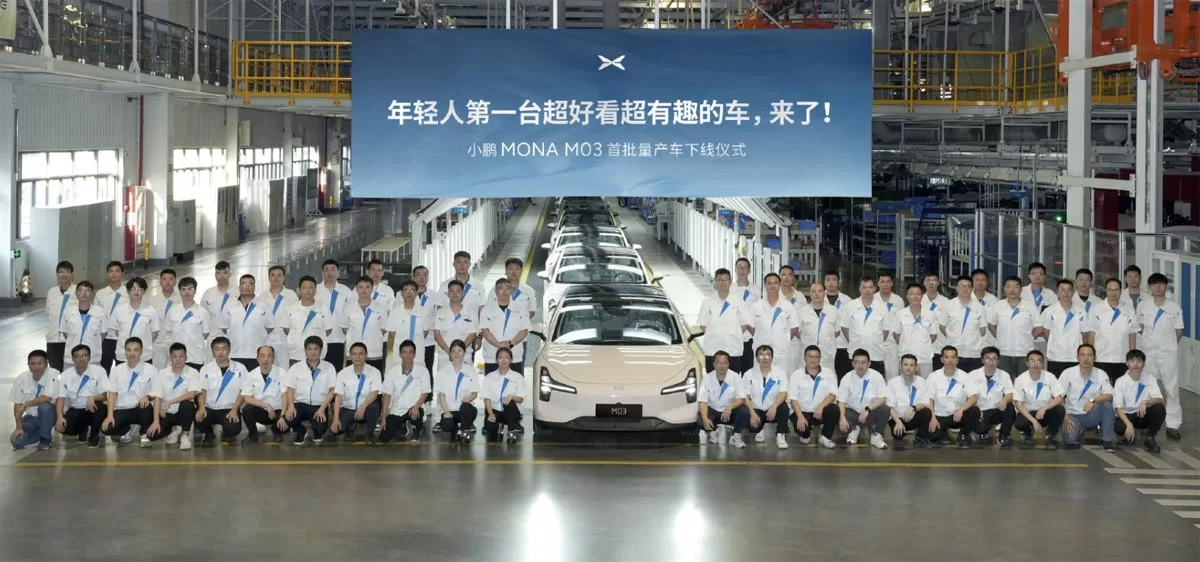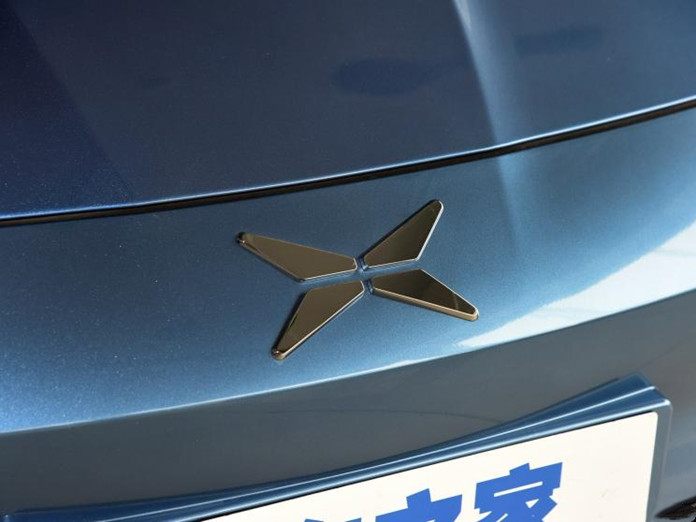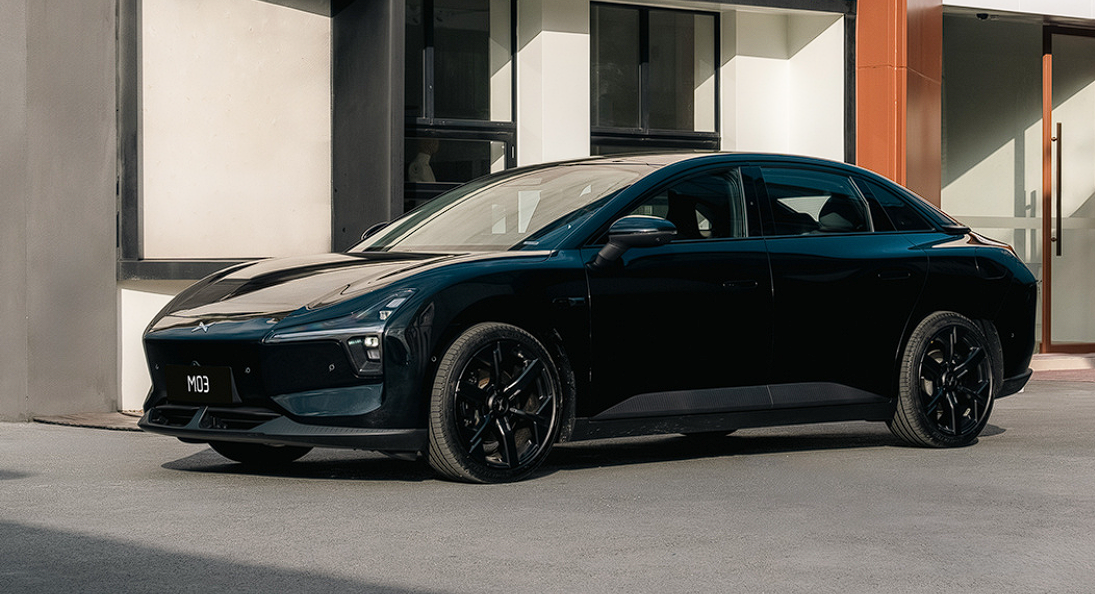Chinese automaker Xpeng is preparing to launch a self-driving taxi within the next two years, with plans to debut the vehicle in 2026. Unlike Tesla, which aims to handle both the development and operation of its robotaxis, Xpeng intends to focus solely on vehicle development and will collaborate with partners for operation.
He Xiaopeng, CEO of Xpeng, outlined the company’s strategy in a LinkedIn post, stating, “Regarding Robotaxi, Tesla aims to handle everything from the vehicle to operations, which differs from our approach. XPENG’s Robotaxi will follow a set pace and launch a highly competitive Robotaxi in 2026. Moreover, we will not get involved in operations, but will work with our beloved partners to drive this revolution.”
Xpeng Launches OTA Update Enhancing XNGP Smart Driving System
Xpeng’s approach is expected to involve collaboration with ride-hailing providers such as Didi, with whom Xpeng has previously developed the M03 saloon. The M03’s top model, the Max, will utilize a visual system rather than lidar for its ‘XNGP capability’ of intelligent driving, relying instead on two Nvidia Orin X chips for processing. It is anticipated that the upcoming Xpeng P7+ will also omit lidar in favor of a visual system.
The company’s focus on visual systems is likely aimed at reducing costs for its robotaxi. Xpeng’s planned robotaxi, which will follow a similar approach, is set to be released in 2026. He Xiaopeng acknowledged that the industry is advancing rapidly, noting, “A turning point will be reached in around two years’ time, at which point rapid acceptance and commercialisation will take place.”
Xpeng CEO He Xiaopeng Impressed by Tesla’s Full Self-Driving Software
However, Xpeng Vice Chairman and Co-President Brian Gu suggested that widespread commercial success for self-driving taxis may take longer. At the Beijing Auto Show in April, Gu remarked, “To have a real, full-fledged commercial operation, I think it’s more than 5 years away,” adding, “Right now it’s not something that we are considering when we are launching and planning the sales.”
Xpeng has already received approval to test robotaxis in Guangzhou, China, with the Xpeng G9 SUV used for initial trials.

